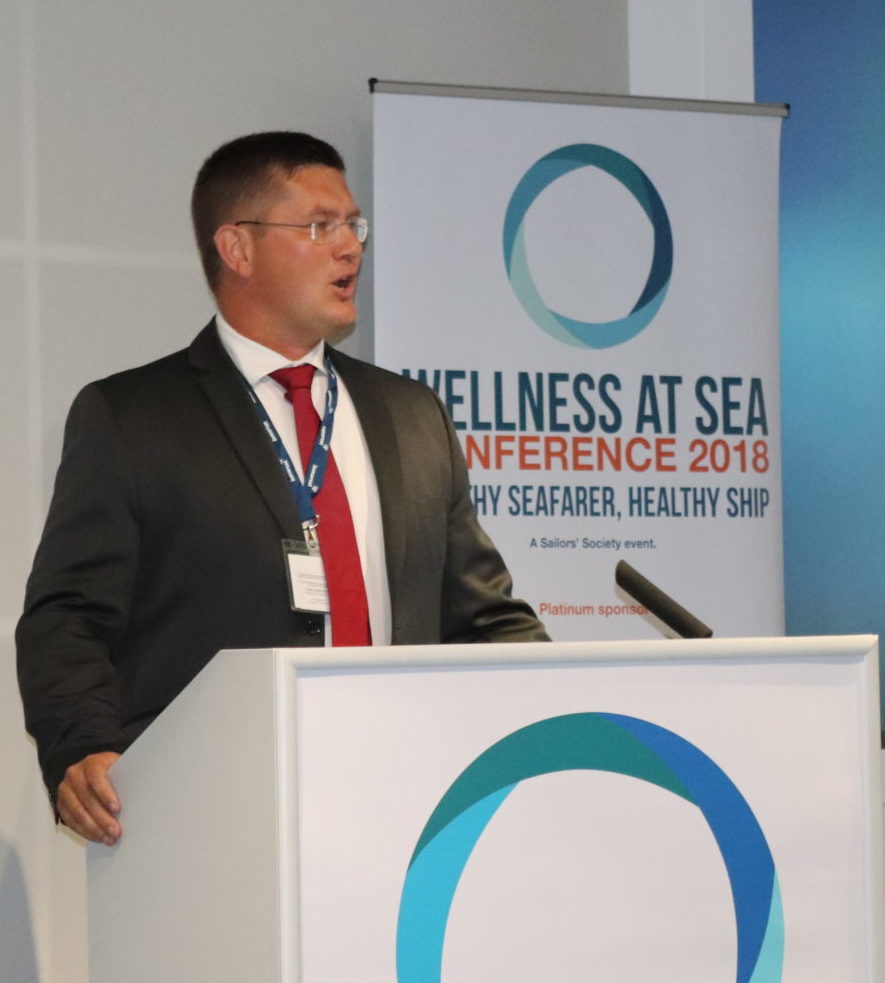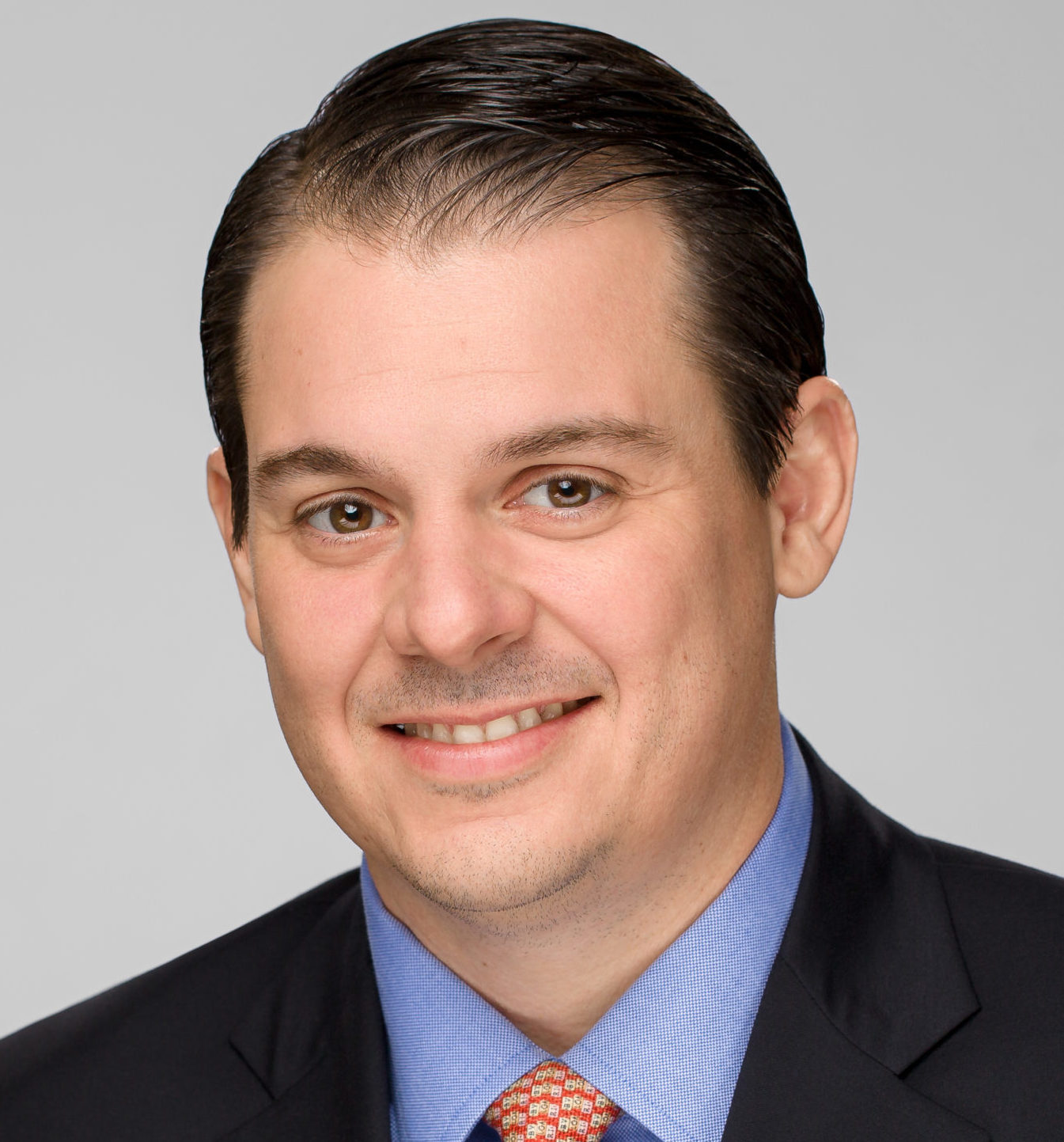Our special column, in association with The North of England P&I Club, sheds focus on fatigue which is considered as a significant contributory factor to many incidents in shipping industry and one of the major concerns for seafarers. Latest MARTHA Fatigue Report revealed that fatigue has safety and long-term physical and mental health implications and long tours of duty (over 6 months) may lead to increased sleepiness, loss of sleep quality, reduced motivation which could contribute to ‘near-misses’ and accidents onboard. Thus, we have asked global experts to provide feedback on the following question:
Is fatigue well managed by the shipping industry?
 Dr. Philip Belcher Marine Director, INTERTANKO |
 Capt. Jeff Parfitt Director (Maritime), CHIRP |
|
| Maybe. Effective fatigue management requires more than just form filling by seafarers. It requires a real commitment from the company, the charterer and port. In our 24/7 business environment, it must be established that the world will not end if a ship is stopped for 6 hours. Everybody must understand that the tasks given to seafarers require adequate rest. Seafarers must also recognize that their bodies have biological demands requiring rest. In the tanker industry we are fortunate that a Master can take a stand and ships will be stopped without recrimination from owners and charterers to allow seafarers to take much needed sleep. Once that is accepted across the board, then we can say that we effectively manage fatigue. | No. The evidence is overwhelming. Research, such as Project Martha, has shown that there is still widespread abuse of hours worked. CHIRP receives reports of flogged hours of rest as seafarers continue to work under duress, afraid for their jobs and/or intimidated by their managers. It is clear from the size and complexity of modern ships that it is not possible to operate such vessels at maximum efficiency with barely serviceable crew numbers. And, with voyage lengths still upward of 9 months for many, fatigue inevitably takes its toll. Although many companies and vessels do manage hours of work and fatigue effectively, it is naïve to assume that the industry universally manages fatigue properly. | |
 Alvin Forster Deputy Director of Loss Prevention, The North of England P&I Club |
 Tim Springett Policy Director – Employment and Legal UK Chamber of Shipping |
|
| No. The industry is aware of the problem but efforts must continue to better understand fatigue and improve fatigue management. Of course, there are shipowners and operators who set high standards, but the perception is that the shipping industry in general needs to prove that it really cares about fatigue and takes it seriously. A general misconception still exists equating fatigue to sleepiness, primarily through a lack of sleep. It’s so much more than that. The effectiveness of current legislation appears limited despite being accompanied by good guidance and enforcement is difficult. The industry needs to acknowledge that mere compliance with the minimum number of hours of rest prescribed in MLC and STCW does not necessarily prevent fatigue. Only proper fatigue risk management will be effective, encompassing better education, openness in fatigue incident reporting and more accurate monitoring of fatigue levels. We can also learn from other sectors, the leave patterns adopted by the Norwegian Oil & Gas industry is a notable example in tackling the long-term effects of fatigue. Dealing with factors such as quality of sleep, sleep patterns, stress and the demands of work (particularly during port calls) will go a long way to reduce the cumulative effects of fatigue over the length of a seafarer’s contract. | Yes. The global shipping industry is tightly regulated. Two major international conventions prescribe minimum rest hours for seafarers: another mandates the carriage of minimum safe manning documents. All are subject to inspection by port states and ships contravening the requirements may be detained. Moreover, ships and companies must implement safety management systems, which are subject to inspection. Effective safety leadership and bridge resource management, along with decent accommodation and living and working conditions also help minimise seafarer fatigue. However, the industry cannot afford to be complacent. The recent revision of the IMO fatigue guidelines is welcome and shipowners supported calls for the development of fatigue risk assessment tools. Work on encouraging safety culture in the industry should also help. | |
 Capt. Robert A. Fay Senior Vice President, Maritime Operations, International Registries, Inc. |
  Andy Smith & Paul Allen School of Psychology, Cardiff University |
|
| Yes & No, from a flag State perspective. Regulations and guidelines for fatigue management on vessels have been put in place by the International Maritime Organization, International Labour Organization, and the major flag State administrations; however, it is ultimately the responsibility of the vessel Master, owner, and operator to adhere to these regulations. It remains incumbent upon all maritime stakeholders to fully embrace fatigue management guidelines and implement appropriate manning policies to prevent fatigue related casualties. The pressure on managers and ship Masters to maintain schedules, reduce costs, and avoid delays remains as high as ever and too often there is insufficient emphasis placed on Human Element issues like fatigue management. Therefore, compliance with appropriate work and rest hour requirements is vital. | No. Seafarers’ fatigue reflects the organisation of the industry and is a symptom of current operational practices. Without strong top-down legislation to create a level playing field, it is no surprise that fatigue has become such a significant problem. Legislation often focuses on one aspect of fatigue, such as working hours, without also addressing other underlying problems such as under manning and fast port turnarounds. Those who should police the industry (the Flag States) are in competition, as are the operators of the ships. Fatigue Management Systems do not address the underlying causes and no amount of fatigue awareness training will mitigate against working 100 hours on an under-manned ship that is frequently going in and out of port. | |
 Capt. John W. Dickie Managing Director, Joint Development Associates Ltd. |
 Johan Smith Wellness Project Manager, Sailors’ Society |
|
| No. It does not matter what legislation is written and brought into force, it is a matter of ensuring that the correct number of people are serving onboard to meet the demands of the ship’s trading pattern. This along with accommodation that is designed to meet the demands of rest, sleep and social interaction along with social media support is critical. Dietary requirements being understood and implemented will go a long way in reducing fatigue. The duration of contracts needs to be viewed in a practical sense to stop long duration contracts being allowed to continue. There is also a need to understand the demands and lifestyle of the young generation entering the industry, if they are expected to stay. | Maybe. Numerous policy and regulatory efforts have been made by industry to manage fatigue, of which the latest comes in Title 2 of the MLC addressing hours of work and rest. Unfortunately, reports from some seafarers suggest that these regulations are not always enforced. However, many companies go to great lengths to address fatigue, which is a multi-dimensional and complex issue spanning far beyond hours of work and rest and is compounded by aggravating factors such as shorter turn-around times, manning levels, work pressure and many other intricate issues. These companies must be applauded for their efforts. A purely regulatory approach to fatigue is, in my mind, short-sighted. Managing fatigue cannot only be addressed by industry interventions but must instead be dealt with in conjunction with a holistic approach where seafarers take responsibility and ownership for their own wellness. The one cannot go without the other. | |
 David Appleton Professional & Technical Officer, Nautilus International |
 Alfonso Castillero Chief Commercial Officer, Liberian Registry |
|
| No. The recently published report on the grounding of the Islay Trader found that a critical causative factor was the adverse impact on operational procedures of only having two watchkeepers onboard the vessel. This comes 14 years on from the publication of the MAIB’s bridge watchkeeping safety study which concluded that that the two watchkeeper system ‘frequently leads to accidents”. These examples are part of a large body of evidence which proves that working hours permitted onboard are unsafe. Yet, any attempt to bring working time down to a level that would be considered acceptable in any other safety critical industry is met with fierce opposition by Shipowners and Flag States. Fatigue at sea is a scandal which has plagued the industry for far too long. | No, the industry hasn’t achieved ideal results. However, flags can help minimize and prevent fatigue. All flags and shipping companies are not alike. Fatigue needs to be more seriously addressed, but we cannot put everyone in the same basket – many stakeholders take fatigue with utmost importance. Shipping is conducive to seafarer fatigue, but the main problems are the commercial pressure, operational time constraints, and regulations on top of regulations. Meanwhile, everyone demands more from seafarers. With increasing paperwork, inspections, maneuvering, maintenance, and daily operations, when do seafarers have time to sail, let alone sleep? Despite IMO and ILO regulations that address hours of work (and rest), the industry must do better to examine what’s being asked of seafarers. | |































































